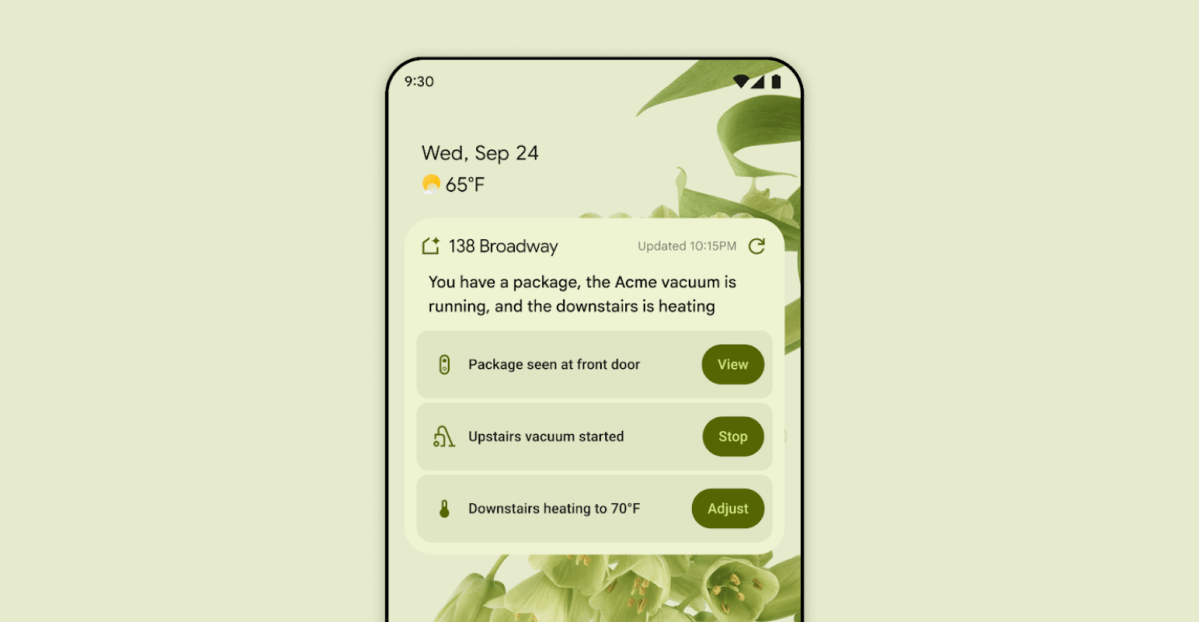OpenAI for Greece: OpenAI and Greek Government Launch ChatGPT Edu in Secondary Schools
Sources: https://openai.com/global-affairs/openai-for-greece, OpenAI
TL;DR
- OpenAI and the Greek Government have launched the OpenAI for Greece initiative to bring ChatGPT Edu into secondary schools. OpenAI for Greece
- The program focuses on responsible AI learning and aims to boost AI literacy across the education system.
- The partnership is also framed to support local startups and contribute to national economic growth.
- This marks a collaboration between a global AI organization and a national government to shape AI education and deployment.
Context and background
OpenAI and the Greek Government have announced a formal partnership to establish what is described as “OpenAI for Greece.” The initiative centers on integrating ChatGPT Edu into Greece’s secondary schools as part of a broader effort to advance responsible AI learning and literacy among students and educators. The announcement places emphasis on building foundational AI skills in the education system while aligning with OpenAI’s global affairs engagement. The official page documenting this partnership is OpenAI’s global affairs publication for Greece OpenAI for Greece. In this framing, the collaboration seeks to connect AI technology with educational practice, aiming to cultivate a workforce prepared for an AI-enabled economy. The stated goals include expanding AI literacy, supporting the local startup ecosystem, and driving broader national economic growth through education and innovation. While detailed timelines and implementation specifics are not disclosed in the initial release, the emphasis is clearly on education, responsible AI use, and economic development through AI-enabled skills.
What’s new
This is a newly announced partnership that specifically calls for bringing ChatGPT Edu into Greece’s secondary schools. By introducing an educational variant of ChatGPT, the collaboration aims to provide students and teachers with tools for learning about artificial intelligence and its real-world applications, while maintaining a focus on responsible usage. The initiative foregrounds AI literacy as a foundational capability for students and positions ChatGPT Edu as a vehicle for exploring AI concepts in a supervised, school-based setting. The announcement highlights three pillars: education (ChatGPT Edu in classrooms), responsible AI learning (ethics, safety, and governance in AI use), and economic development (support for local startups and broader growth). The details of curriculum integration, teacher training, assessment methods, or deployment timelines have not been published in the initial materials.
Why it matters (impact for developers/enterprises)
For developers and enterprises, the OpenAI for Greece program represents a signal of growing investments in AI literacy as a national capability. By embedding AI tools in secondary education, the initiative aims to seed a generation familiar with AI concepts, tooling, and responsible practices, which can translate into a more capable talent pool for technology firms and startups. From an economic perspective, the partnership frames AI education as a driver of innovation and growth. By fostering AI literacy and practical understanding among students, the program is positioned to contribute to a future-ready workforce, which can support local startups and attract broader investment. The emphasis on responsible AI learning underscores a commitment to safe and ethical AI development and use as part of the national strategy.
Technical details or Implementation (overview)
The material released so far centers on bringing ChatGPT Edu into Greece’s secondary schools and on promoting responsible AI learning. The specifics of the technical deployment—such as how ChatGPT Edu will be integrated into curricula, whether it will be deployed across a subset or all secondary schools, and how student data and privacy will be managed—have not been disclosed publicly in the initial release. What is clear is that ChatGPT Edu will be used as an educational interface within classrooms to help students learn about AI concepts, tools, and applications, while the partnership emphasizes responsible use and governance. As this is an early stage announcement, further details on implementation plans, teacher training, assessment, and evaluation metrics are expected from OpenAI and the Greek authorities.
Key takeaways
- The collaboration between OpenAI and the Greek Government aims to introduce ChatGPT Edu into secondary education.
- The initiative emphasizes responsible AI learning and AI literacy as core objectives.
- It seeks to support the local startup ecosystem and contribute to national economic growth through education and innovation.
- Specific implementation details and timelines have not been published yet.
- The program reflects a broader pattern of OpenAI engaging with governments to shape AI education and policy.
FAQ
-
What is OpenAI for Greece?
It is a collaboration between OpenAI and the Greek Government to bring ChatGPT Edu into Greece’s secondary schools and promote responsible AI learning.
-
Who is involved in the initiative?
OpenAI and the Greek Government.
-
Where will ChatGPT Edu be used?
In Greek secondary schools.
-
What are the expected outcomes?
Increased AI literacy, support for local startups, and potential national economic growth.
-
When will the program begin or be implemented?
The release does not specify timelines or dates.
References
- OpenAI for Greece overview: https://openai.com/global-affairs/openai-for-greece
More news
First look at the Google Home app powered by Gemini
The Verge reports Google is updating the Google Home app to bring Gemini features, including an Ask Home search bar, a redesigned UI, and Gemini-driven controls for the home.
OpenAI reportedly developing smart speaker, glasses, voice recorder, and pin with Jony Ive
OpenAI is reportedly exploring a family of AI devices with Apple's former design chief Jony Ive, including a screen-free smart speaker, smart glasses, a voice recorder, and a wearable pin, with release targeted for late 2026 or early 2027. The Information cites sources with direct knowledge.
Shadow Leak shows how ChatGPT agents can exfiltrate Gmail data via prompt injection
Security researchers demonstrated a prompt-injection attack called Shadow Leak that leveraged ChatGPT’s Deep Research to covertly extract data from a Gmail inbox. OpenAI patched the flaw; the case highlights risks of agentic AI.
Predict Extreme Weather in Minutes Without a Supercomputer: Huge Ensembles (HENS)
NVIDIA and Berkeley Lab unveil Huge Ensembles (HENS), an open-source AI tool that forecasts low-likelihood, high-impact weather events using 27,000 years of data, with ready-to-run options.
Scaleway Joins Hugging Face Inference Providers for Serverless, Low-Latency Inference
Scaleway is now a supported Inference Provider on the Hugging Face Hub, enabling serverless inference directly on model pages with JS and Python SDKs. Access popular open-weight models and enjoy scalable, low-latency AI workflows.
How chatbots and their makers are enabling AI psychosis
Explores AI psychosis, teen safety, and legal concerns as chatbots proliferate, based on Kashmir Hill's reporting for The Verge.





